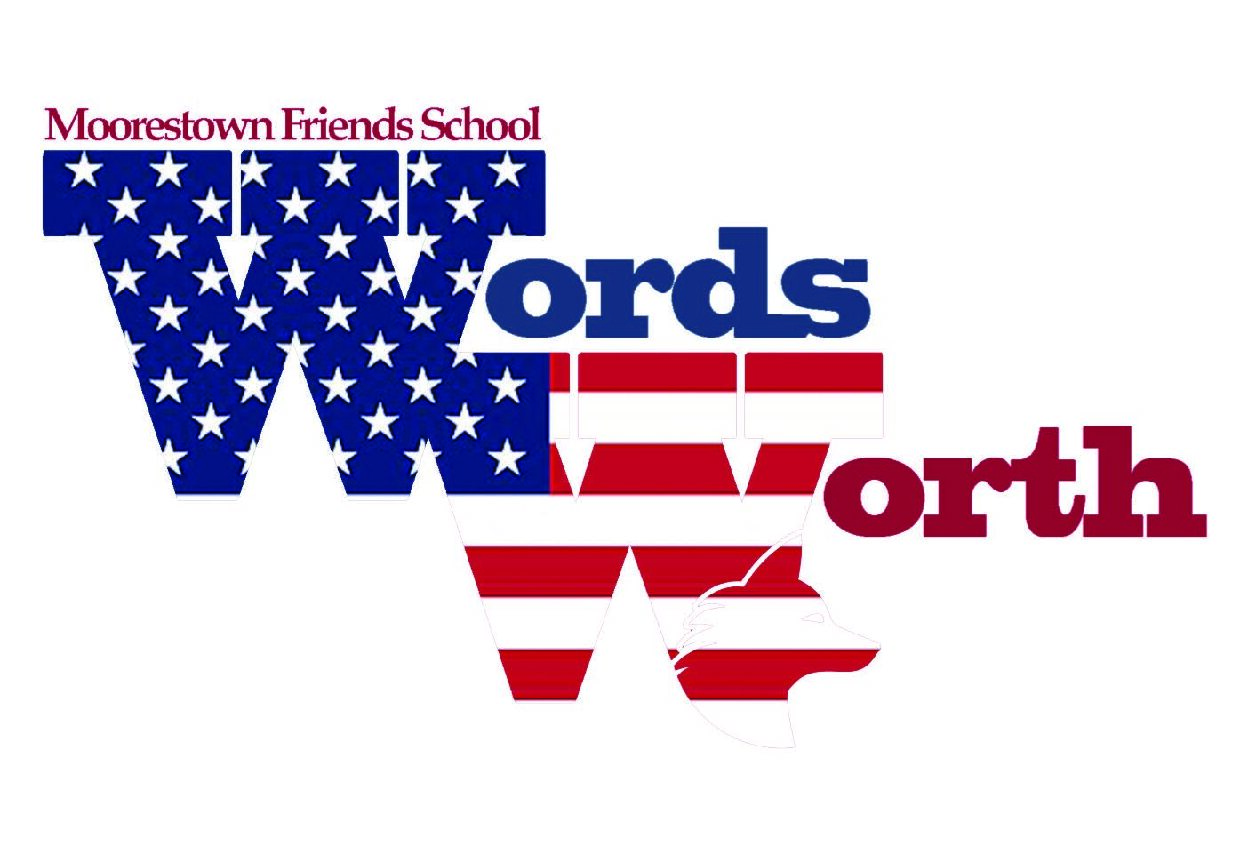Dr. Martin Luther King once said, “The function of education is to teach one to think intensively and to think critically. Intelligence plus character — that is the goal of true education.” In today’s America, one would be hard-pressed to find a man more admired than Dr. King, inarguably one of the greatest leaders and thinkers in American history.
Yet King’s words of wisdom have nonetheless gone unheeded. Today’s students have been brainwashed into accepting a system that costs them their time, their money, and their strenuous effort, but offers little to nothing of what Dr. King would have termed a “true education.”
According to a New York Times article by Joseph B. Treaster, since 1990, the number of true liberal arts schools in America has fallen from 600 to 130. This unhealthy imbalance ill prepares our society for a future where well-rounded problem solvers will be needed.
Even Moorestown Friends School is not immune to this problem. Students of science and math are given an option to take accelerated honors courses as early as freshman year; while the same is true for foreign language, avid students of history and English classes must wait until their junior year to truly shine.
While some arguments have been advanced for why this system is actually a good thing — such as stopping de facto segregation of students based on their scholastic abilities — such an argument still tacitly admits that STEM [Science, Technology, Engineering and Math] fields are the priority. For students more interested in reading a poem or debating the merits of Federalist theory than solving an equation or doing a chemistry problem, such a system both holds them back and implies that their interests are less important.
In fact, the lack of respect for the humanities extends far beyond high schools and even colleges, all the way up to the political discourse of people who should know better. Republican Presidential candidate Marco Rubio provoked controversy for a comment that suggested that, “Welders make more money than philosophers. We need more welders and less philosophers.”
Rubio’s comments, shown to be factually questionable in of themselves, are also indicative of a broader societal tendency to dismiss the humanities as an impractical luxury. While Rubio’s comments may have been intended as simply a vote in favor of providing “practical” trade education for those who seek it, it did not come off that way; instead, his comments seem to imply that a liberal arts education is a senseless, impractical luxury. Yet such a view flies in the face of evidence that students of the humanities are a valuable part of the workforce; as columnist Nicholas Kristof notes, “liberal arts equip students with communications and interpersonal skills that are valuable and genuinely rewarded in the labor force, especially when accompanied by technical abilities.”
In the past decade, amid panicked reports of falling U.S. test scores internationally, the response on the part of the American education system has always been the same — demand for more standardized testing and more emphasis on science and math skills. But could this approach, which has been tried and tried again without producing any real change, be absolutely backwards?
Mount Sinai School of Medicine in New York City is commonly regarded as one of the best medical schools in the world. While most pre-med students major in hard sciences while undergraduates, Mount Sinai has been leading the charge to attract students of other majors, especially English, to a career in medicine. As Dean David Muller explains, “You [can’t] be a good doctor and a well-rounded doctor — relate to patients and communicate with them — unless you really [have] a good grounding in the liberal arts.”
High schools and colleges alike do their students a great disservice by emphasizing STEM subjects over the humanities; indeed, the distinction between the two itself is counterproductive. There are no “STEM students,” no “humanities students” — just students. And as students of the grand scope of human knowledge, we need to learn it all.









